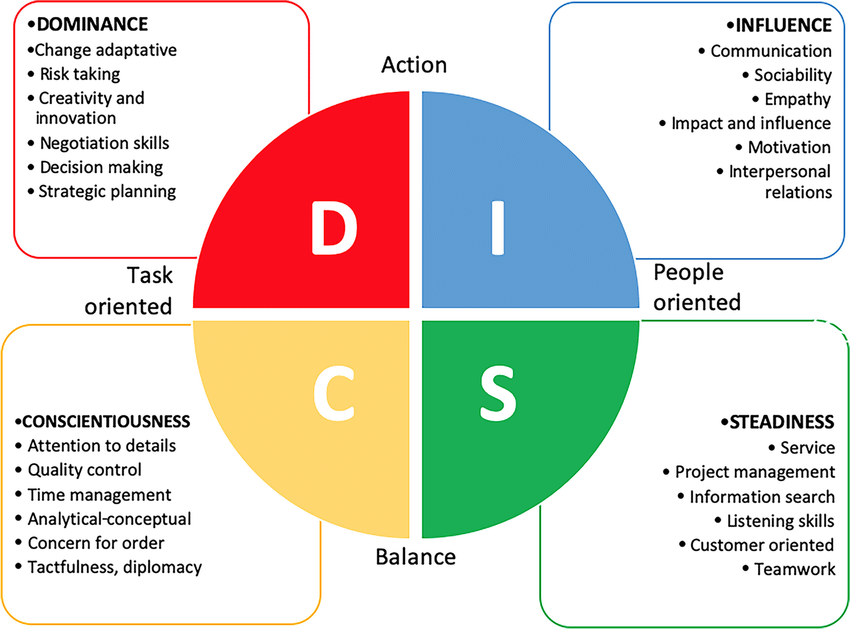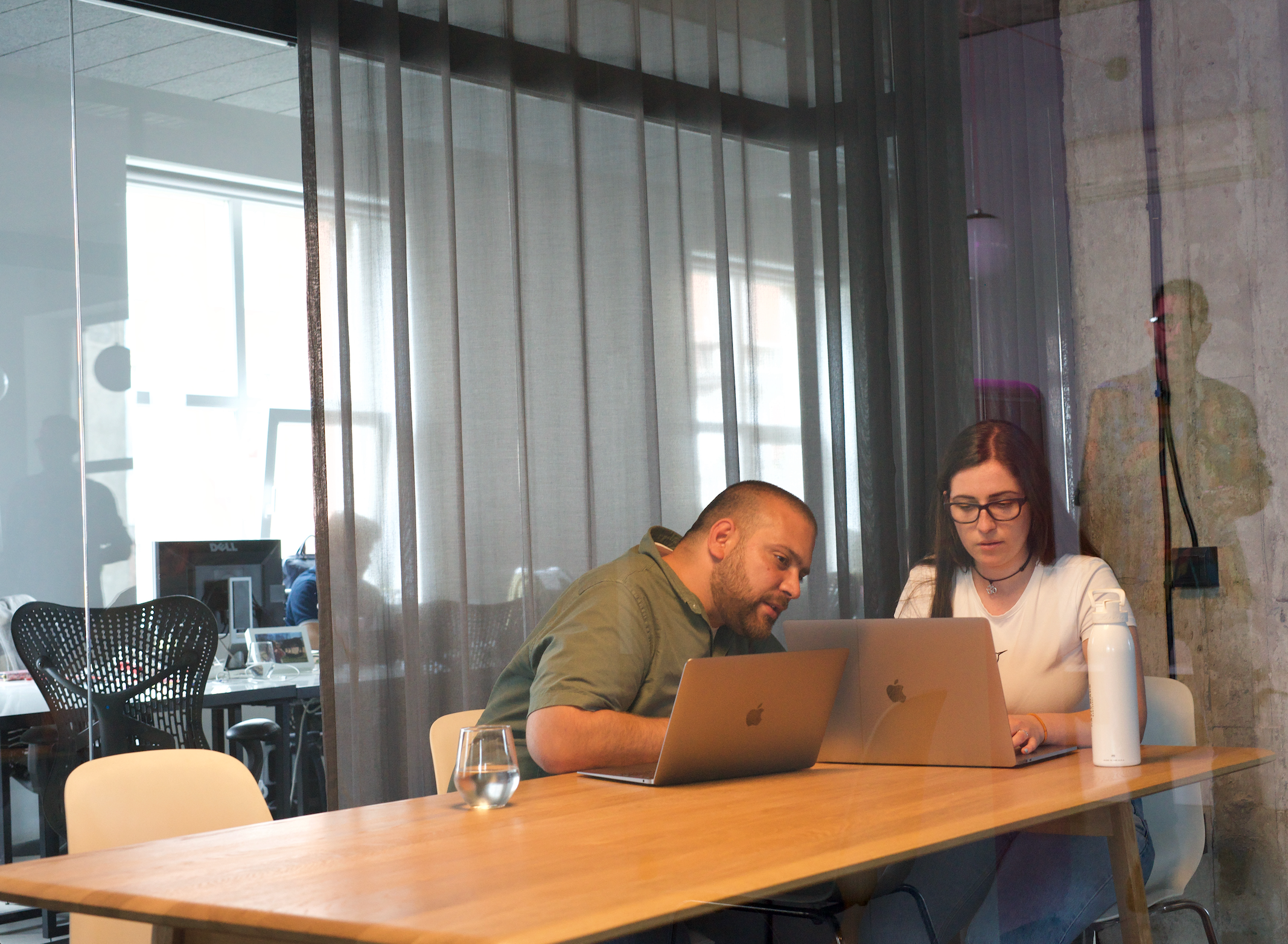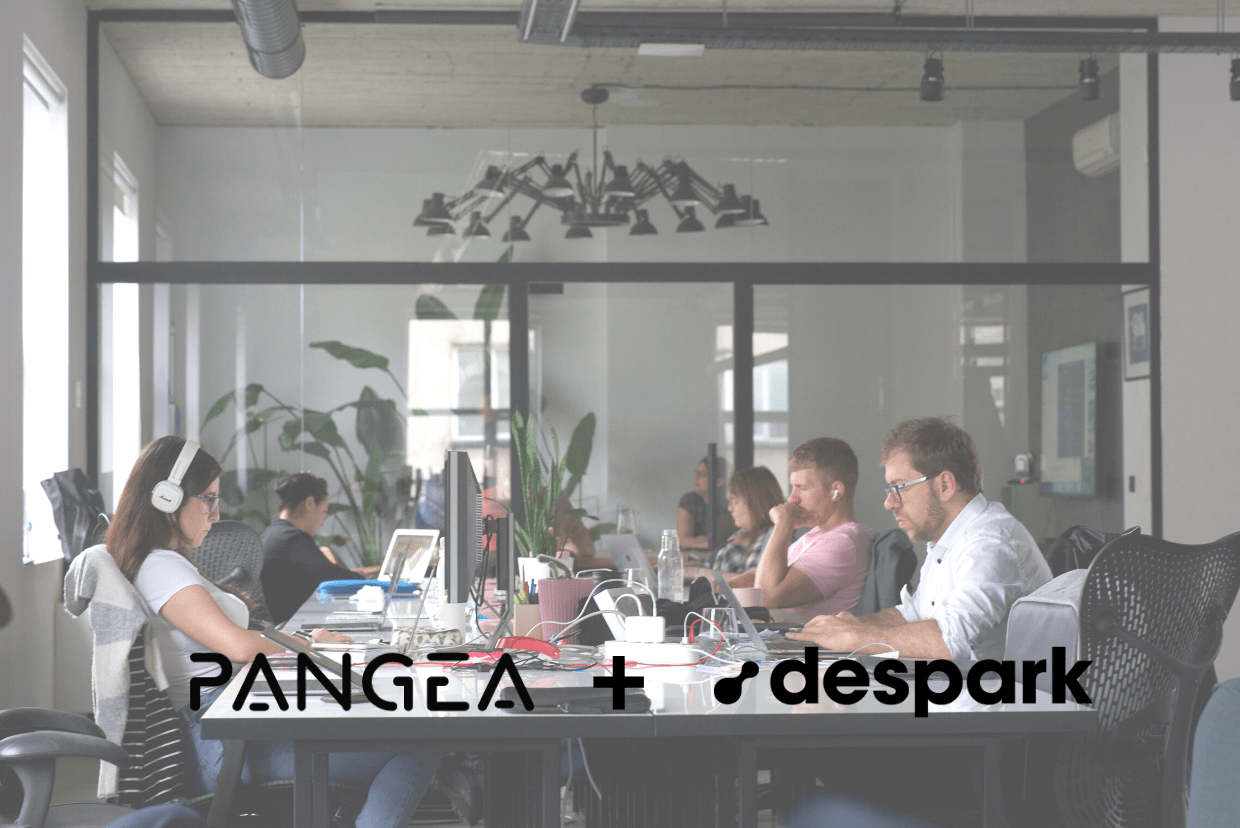2.png)
Knowing how to give and receive feedback is an integral part of any learning process and a key element for personal and professional growth.
At the same time, it is also one of the most underrated skills because we often assume we’re naturally good at it. But just as any other skill, it can be trained, grown and improved.
Our open-door policy
At Despark, we have an open-door policy with both our clients and each other. Every manager’s door is open to hearing and receiving feedback, because we know how essential it is for our success as a team. Over the last 15 years, we’ve done our best to create a stimulating and supportive environment, where everyone feels at ease to ask the hard questions, challenge agendas and take the unknown road to problem-solving.
That’s why enrolling in the training “Giving and receiving feedback” by the Business Institute was a no-brainer. After two years of working remotely on and off, we knew it was time to get those soft skill muscles a nice work out. 💪
What we learned on the training
There’s 4 steps we need to master to become better at giving and receiving feedback:
1. Get to know yourself 🪞
How we react to a situation is more related to who we are, than to what the situation is. In this part, each of us took a short test to determine our personality type, based on DISC theory.

Image source: ResearchGate
2. Learn to manage yourself 🕹
There’s no bad or good personality types - we are, who we are and there’s no point in judging ourselves or the others. But to be more efficient communicators, we need to know our weaknesses and those of our teammates.
Dominant types don't see the value of small talks in the beginning of meetings, while influencing types are easy to form connections with people but sometimes miss out on important details in projects. And that’s just the tip of the iceberg.
3. Take time to understand & listen to others 👂
When we want to get the job done, we hardly think about other people’s feelings. But being empathetic in the workplace is proven to make you a better professional, time and time again. Empathy in the workplace simply means that you can establish true, empathetic connections with one another by listening more and judging less.
 Part of the Despark team putting what we learned in practice
Part of the Despark team putting what we learned in practice
4. Give your constructive feedback 📣
Once we’ve heard our team or client’s concerns and have analysed their behaviour patterns, we can proceed with giving feedback and working towards improvement. Here’s our step by step guide:
.png)
The bottom line: Good communication makes us better professionals
The work we do is inherently connected with collaborating with people. To be successful in building digital products, we need to build trust and sustain relationships with clients and partners. So if we aren’t doing a good job in managing relationships, can we really claim that’s not affecting the quality of our work?
Being better communicators is crucial in any department and any relationship. That’s why our growth as professionals is not just limited to technical expertise - it’s also about our ability to listen, respond, and get to the root of a problem in a productive and respectful manner.
If you’re looking for a reliable, and BS-free partner for your next digital product, our door is always open. Get in touch with us in the form below. 👇





